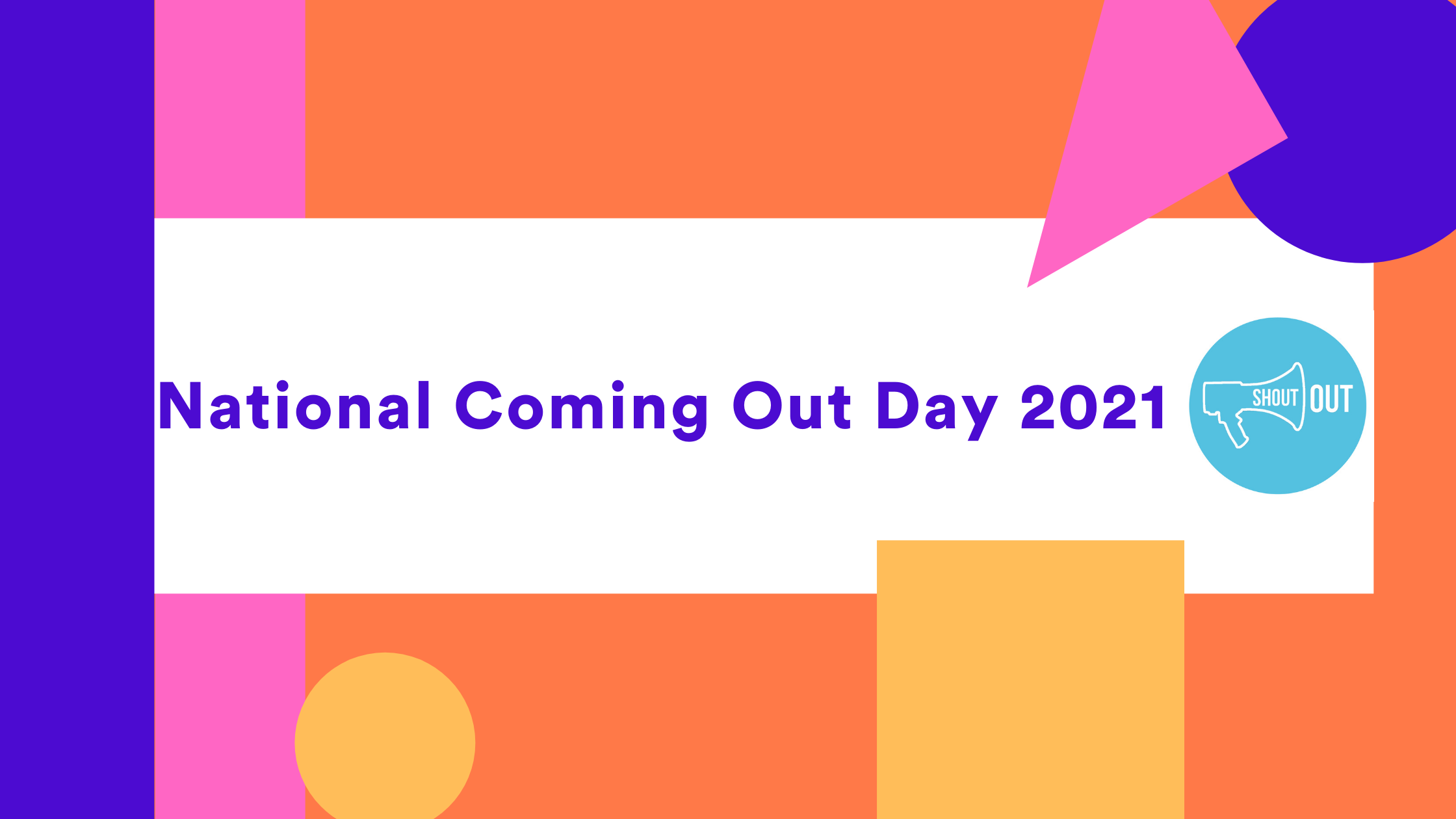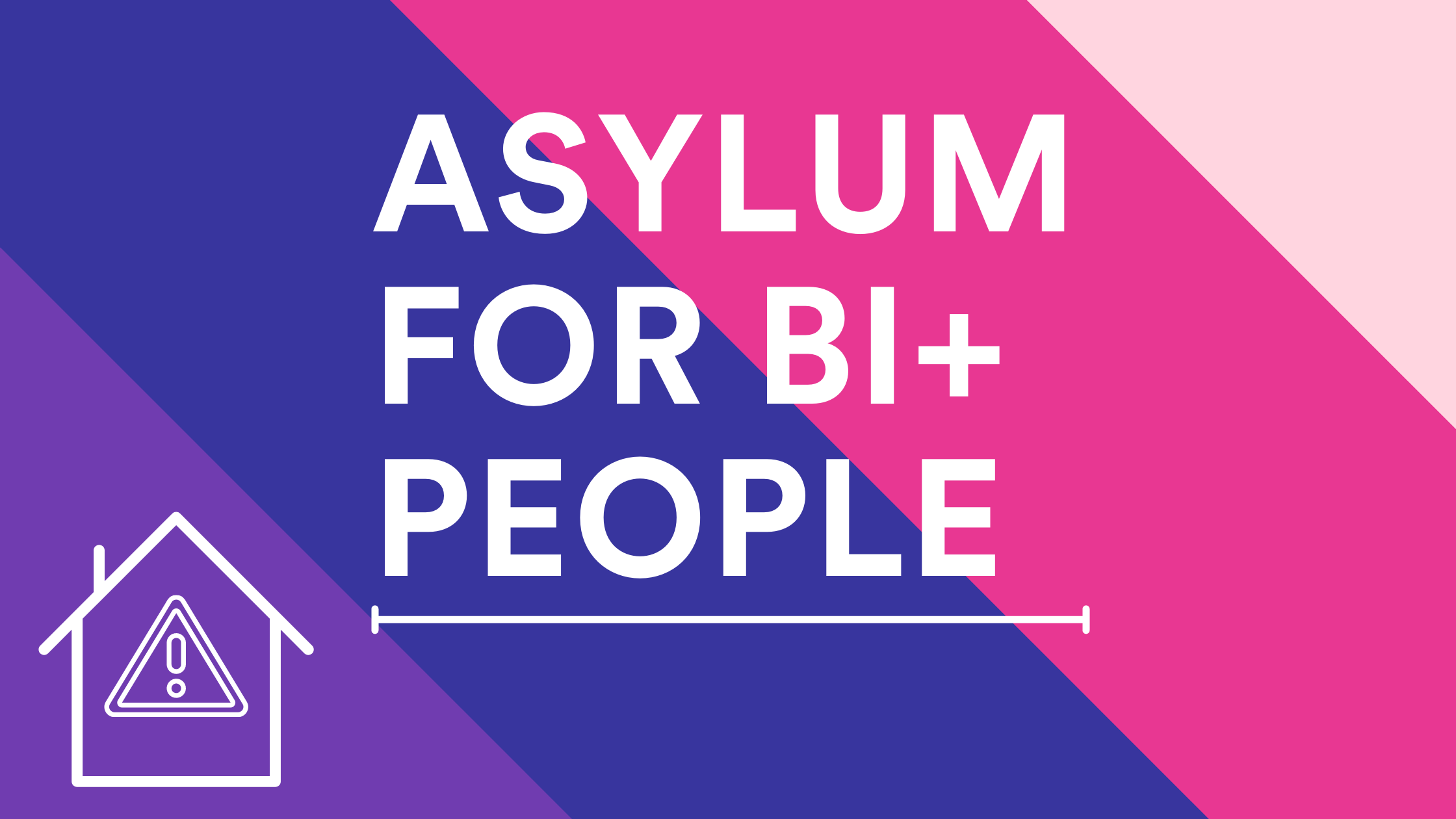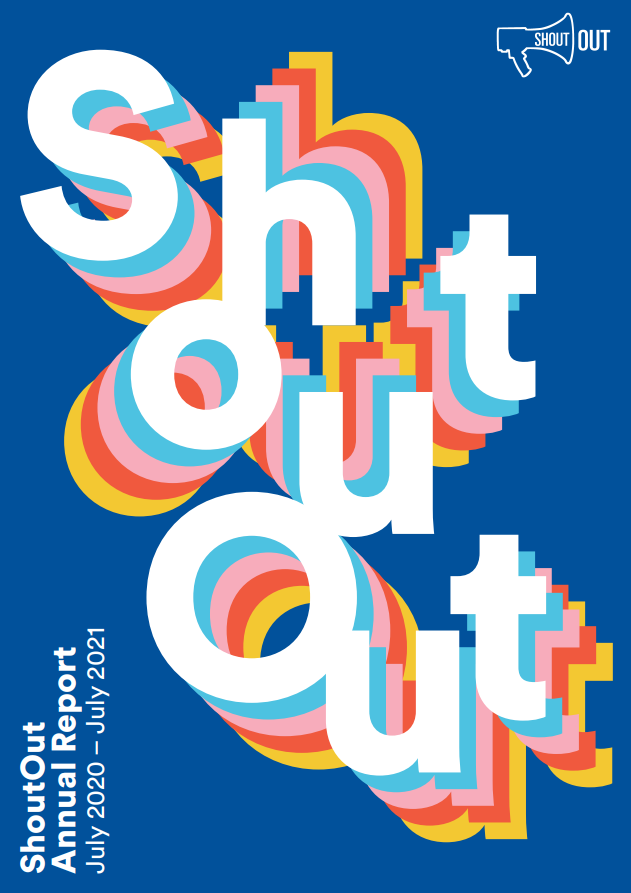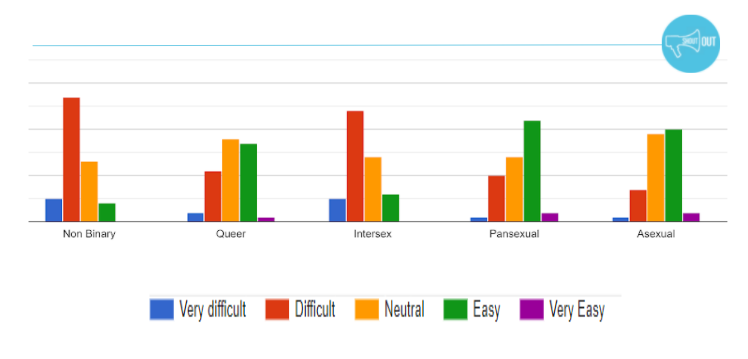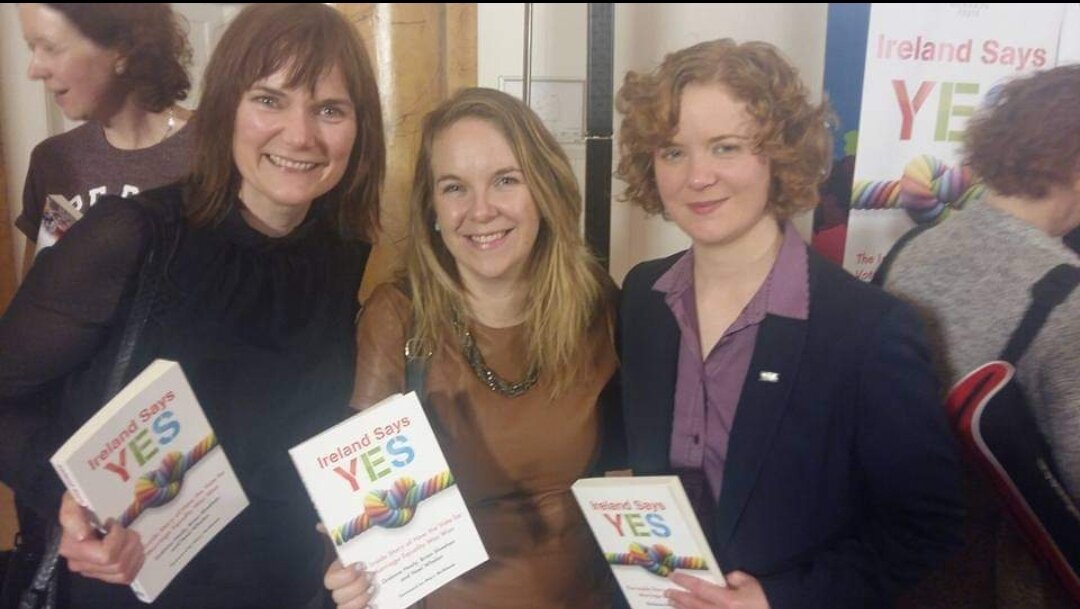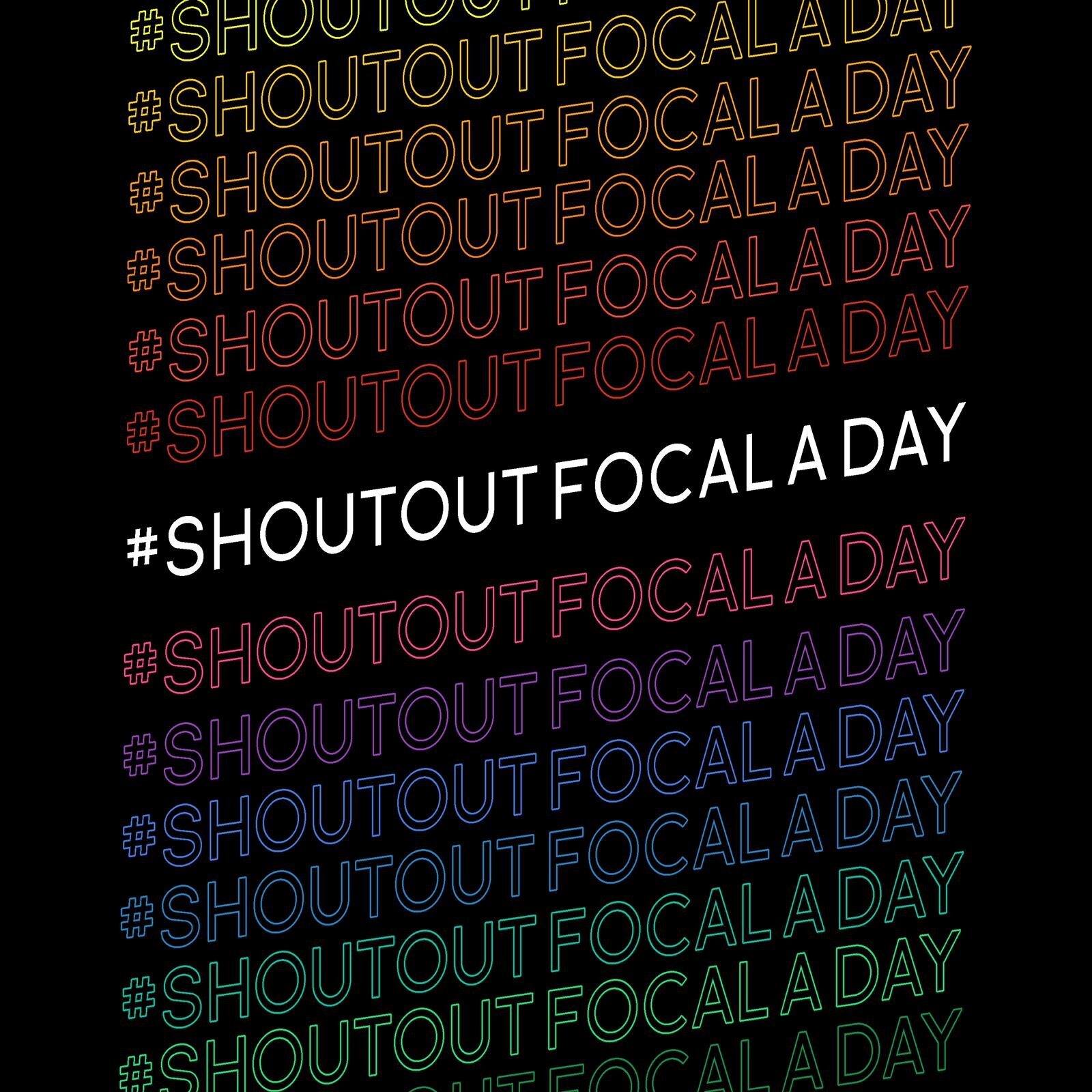Student Teachers: Lesson Plan Competition!
/Student Teachers! It’s Competition Time!
We want you to create a lesson plan or series of lesson plans (three max) that give students the chance to integrate LGBTQIA+ role models, questions and experiences across different curricular areas, including English, Gaeilge, Mathematics, History, Geography, Science, CSPE, Religious Education, French, German, Spanish etc.
These can be used with Junior Cycle, Senior Cycle, or Transition Year students.
These should relate to a curriculum area, and to specific strands/strand units in that curriculum. For information on the different strands and strand units, check the following links:
You may use any of the following resources as a starting point, though you are also encouraged to engage with other resources too:
Loud and Proud: LGBTQ+ speeches that empower & inspire by Tea Uglow
Movies eg. Pride, Disclosure, Love Simon: LGBTQ+ Films & TV for all ages! — ShoutOut
Murals for Marriage Equality
PRIZES:
Overall winner €150, 2nd Prize €100, 3rd Prize €50 One4All vouchers.
Other lesson plans may be selected as examples of BEST practice, GOOD practice etc and made available to schools as part of our educational resources bank.
Please note:
Entry into this competition automatically gives consent to use your entry in part or in full within the next 12 months. Credit will be given & contributors will be acknowledged.
If you have created 2 or 3 lesson plans this does not give you automatic advantage over someone who has created one.
This competition is limited to student teachers currently enrolled in Initial Teacher Eduxation.
Entries will be judged on:
Links to the curriculum (20 marks)
overall quality of the work (35 marks)
creativity and originality (35 marks) and
Use of Primary Sources other than the above, ie newspaper articles, photographs, posters, flyers (10 marks)
Steps to Success:
Browse the recommended resources above
Explore the theme of LGBTQIA+ inclusion in different subject areas/your chosen subject area.
Use the lesson plan template you are familiar with from your own institution.
Use the competition assessment guide below (Appendix 1) in your planning.
Please use the entry form below to upload your lesson plans and any other attachments. Please save and attach any documents in the following format: Name (title of doc) eg Hilary Egan (Lesson Plan 1).
Closing date for entries is 5 pm Friday, 27 May 2022.
Winners will be announced before the end of June, 2022.
By taking part in this competition, you will:
Have your skills at lesson planning recognised by a leading national charity committed to LGBTQ+ inclusion.
Have the chance to develop innovative lesson plans on LGBTQ+ inclusion that you can bring to your own classroom.
Have your work and name credited in all resources and publications arising from this competition.
Professionally collaborate with a leading national charity committed to LGBTQ+ inclusion.
Be able to speak to this experience in attending future job/placement interviews.
Have the chance to win spot prizes at the value of €150, €100, and €50!




